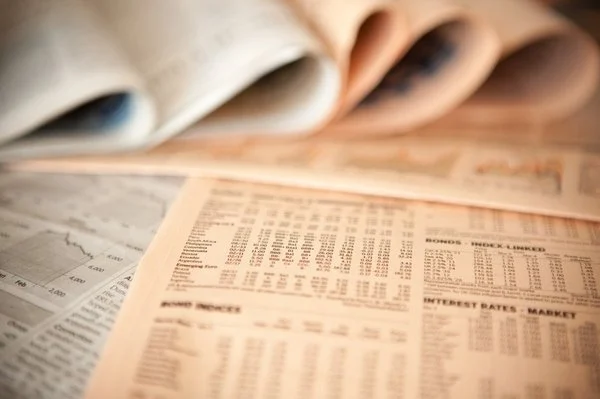While Berkshire Hathaway’s Portfolio copying fans scratch their heads over their own Apple share allocation, the new Deadpool with Wolverine is smashing box office records. Amidst the generally stagnant superhero genre, this case stands out. I dare say the main reason for this success is the leading actor, Ryan Reynolds. Reynolds conducted an exemplary omnichannel marketing campaign—breaking the fourth wall at every turn, releasing rock ‘n’ roll promos with his buddy Jackman, making podcasts on Spotify, cooking chimichangas with Gordon Ramsay, promoting blood donation using gory scenes from the film, flexing with dogs, and much more. The film’s teaser even made it into the Guinness Book of Records.
Ryan Reynolds is a fascinating character. He is one of the few people in show business who not only profits from his recognizable face but also masterfully leverages his popularity to boost his own business ventures. He has several of these, and they are all quite hyped:
In 2018, Reynolds bought a minority stake in the alcohol brand Aviation Gin. After that, he not only became the face of the brand but also actively participated in its management. For example, during COVID-19, he released a 1.75-liter “Home School Edition” bottle (disapproved, haha), focused on limited editions, updated the marketing strategy, and started actively integrating gin into his media activities. After Reynolds’ involvement, the company’s value multiplied several times. In 2020, the alcohol giant Diageo (DEO) bought Aviation Gin for $610 million, but the actor remained with the company. Ryan also tied his gin into the promo campaign for the new Deadpool where Reynolds and Jackman present the corresponding limited edition.
In 2019, the actor bought a stake in the mobile prepaid operator Mint Mobile and immediately took charge of marketing and media. He built a promotion system through short viral videos, appearing in the majority himself. Overall, he became the commercial face of the brand. Last year, Germany’s T-Mobile bought Mint for $1.35 billion, with the actor earning around $300 million from the deal.
In 2020, Reynolds and a friend bought the football club Wrexham for $2.5 million. This is an old club from Wales with rich traditions, but at the time, it was in a difficult financial situation and struggling in the lower ranks of British football. Reynolds immediately set to work on boosting the club’s media presence and attracting sponsors (for example, they partnered with TikTok, where Reynolds is well-known). But the coolest initiative is the live series “Welcome to Wrexham.” A mix of sports drama, sitcom, and reality show made a big splash in Britain and received high praise from critics. Last year, Wrexham moved up to the third tier of English football. And, of course, the team is now worth much more than $2.5 million.
Some might say, “So what, a famous actor boosts brand recognition, big deal.” But Reynolds does more. He buys companies and radically changes their image through his fame. After that, these companies multiply their value.
Sometimes, the actor is invited as a “crisis marketer.” Remember when, in one of the episodes of the continuation of “Sex and the City,” the character played by Chris Noth died on a Peloton machine, almost tanking the company’s value (not in the series, but in real life)? Well, Peloton urgently called Reynolds, who quickly shot a “response” with himself and a very alive Chris Noth and partially recovered Peloton’s stock value. Not everyone can do that.
submitted by /u/FXgram_
[link] [comments]
